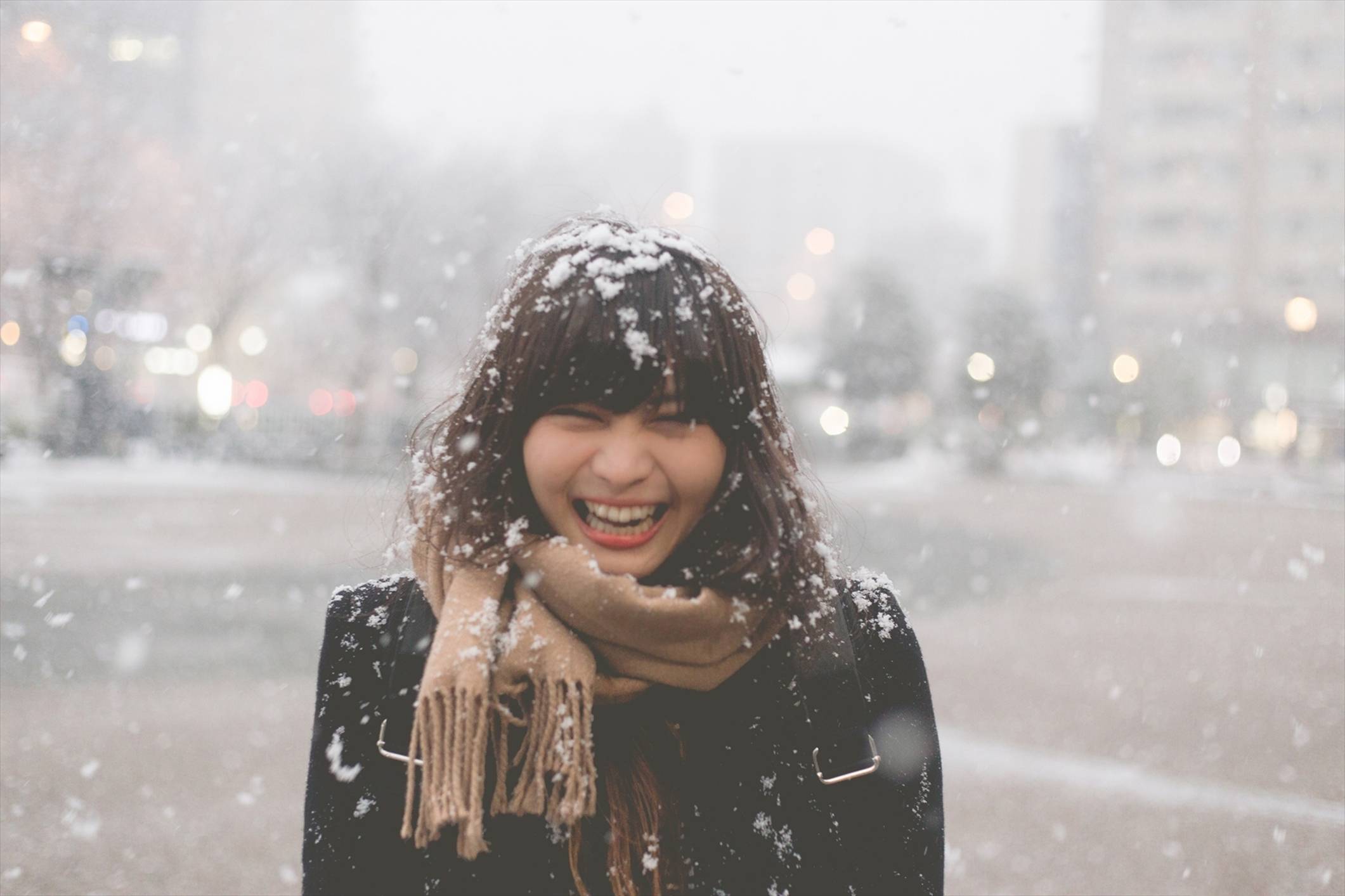The more time I spend in Japan, the more I appreciate the turn of the seasons. Each 季節 (kisetsu, season) has its own distinct characteristics that bring with it different feelings and experiences, both good and bad.
But to fully express your appreciation of a hot drink on a cold day, or the discomfort of frozen fingertips when you forget your gloves, you’ll need to go a bit further than “寒い” (samui, cold).
One of the most common phrases you’ll likely hear at the onset of winter is “寒くなってきましたね” (samuku natte-kimashita ne, it’s gotten cold, hasn’t it). It’s even more likely that you’ll hear it from your friends who are 寒がり (samugari, someone who gets cold easily).


















With your current subscription plan you can comment on stories. However, before writing your first comment, please create a display name in the Profile section of your subscriber account page.